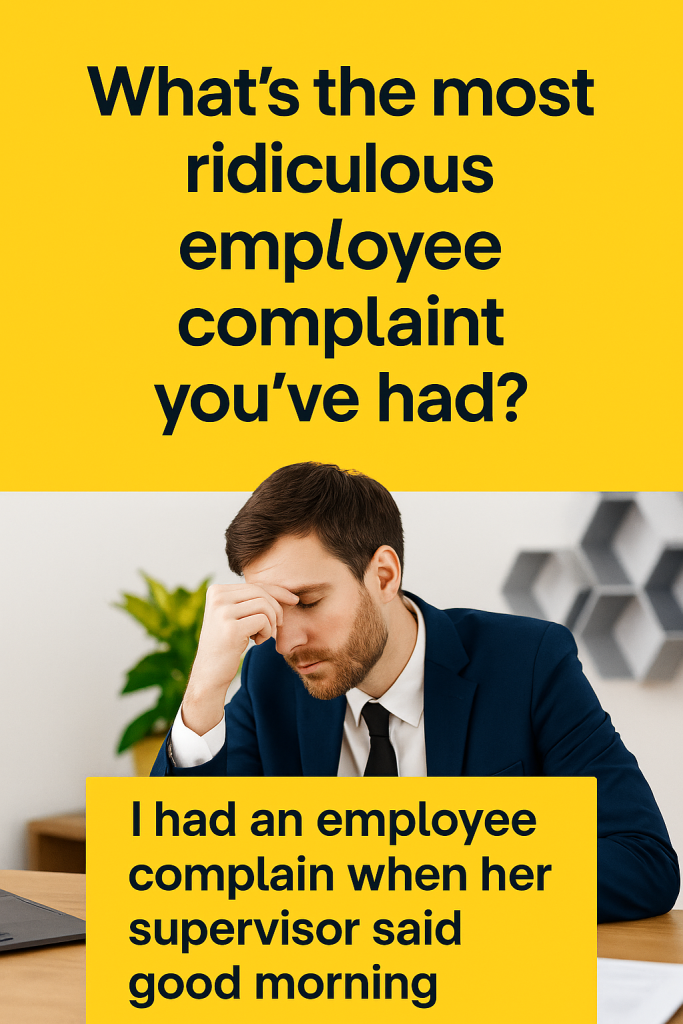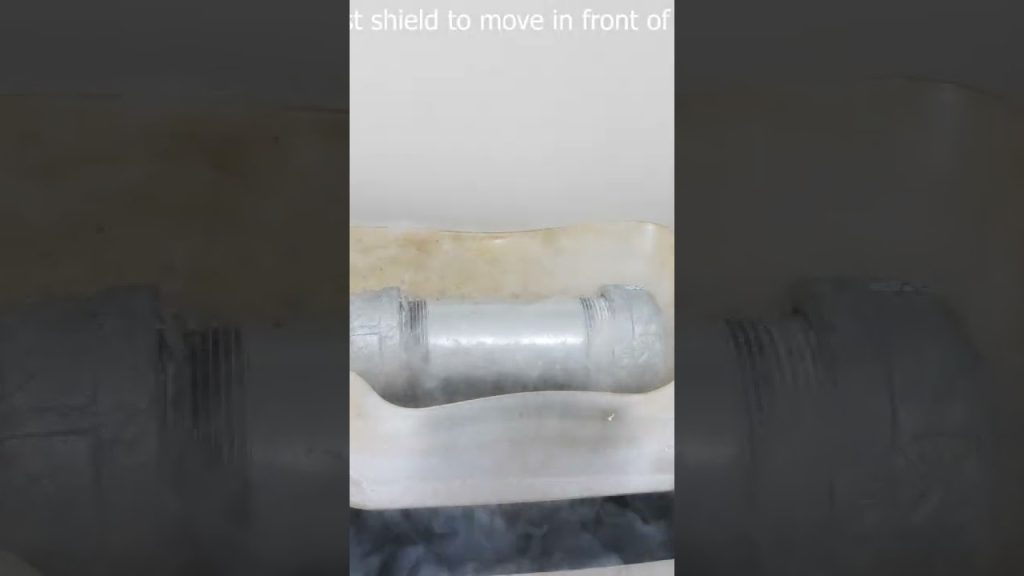Human Resources departments across industries have seen their fair share of unusual employee grievances, but 2024 has brought a new wave of complaints that have left HR professionals both bewildered and amused. As workplace dynamics evolve and creativity (or frustration) in lodging complaints escalates, here are 50 of the most absurd HR complaints reported recently—cases so outlandish that HR teams struggled to provide standard responses.
From the bewildering to the downright hilarious, employees worldwide are redefining what it means to lodge a grievance.
Among the most talked-about complaints are demands to create “pet-friendly” office environments that include installing a dedicated pet playground, despite the explicit no-pet policy. In one case, an employee argued that their emotional support goldfish was being “discriminated against” because it wasn’t allowed in the office aquarium.
Another recurring theme is issues related to office temperature. However, these complaints have gone beyond typical thermostat wars: one employee demanded “climate control tailored to my moon cycles,” while another insisted the air conditioning was warm enough to “slow down their metabolism,” an assertion met by confused en masse reactions at HR meetings.
Food-related grievances also made the list. Employees have requested banning lunch aromas invading their cubicles, claiming that “smelly sandwiches” caused migraine-level discomfort. In an unexpected twist, a complaint about “too much positivity from the morning coffee dispenser” disrupting concentration sparked discussions about how to handle subjective discomfort claims.
Work attire rules have been another hot spot. One employee protested because the company’s “casual Friday” rules did not explicitly allow wearing superhero costumes, despite a friendly office culture. Another odd complaint involved the demand to standardize tie knot styles for managers, to improve the company’s “public image.”
Technology-related grievances continue to puzzle HR teams. Beyond the normal grievances about slow computers or bad Wi-Fi, employees have complained about the company’s keyboard sounds. “The clicking noise triggers stress without my consent,” one employee claimed, leading to requests for silent keyboards in shared spaces.
Personal space boundaries have sparked their own bizarre issues. An employee once asked HR for a “mandatory three-foot bubble zone” around them to prevent “negative energy transfers” during meetings. In another instance, a complaint was filed because a colleague’s laughter was “unauthorized noise pollution.”
These cases underscore the daunting balance HR professionals must strike—respecting employee needs and feelings while managing a functional and fair workplace. With legal frameworks and workplace policies often struggling to keep pace with these novel complaints, HR departments are increasingly becoming vanguards of flexibility and creative problem-solving.
The viral spread of these complaints on social media platforms has also led to wider public amusement, but it sheds light on underlying generational and cultural shifts in how employees perceive their work environment and what they expect from it. Employers now more than ever are tasked with fostering workplaces that accommodate mental health and well-being in unconventional ways, even when the requests seem offbeat.
In a world where the line between practical concerns and personal comfort continues to blur, HR’s evolving role as mediators of workplace culture means they must prepare not just for the routine disputes but also for the unexpected curveballs that come their way.
As the workplace continues to change, one thing remains clear: no complaint is too absurd to land on HR’s desk.



